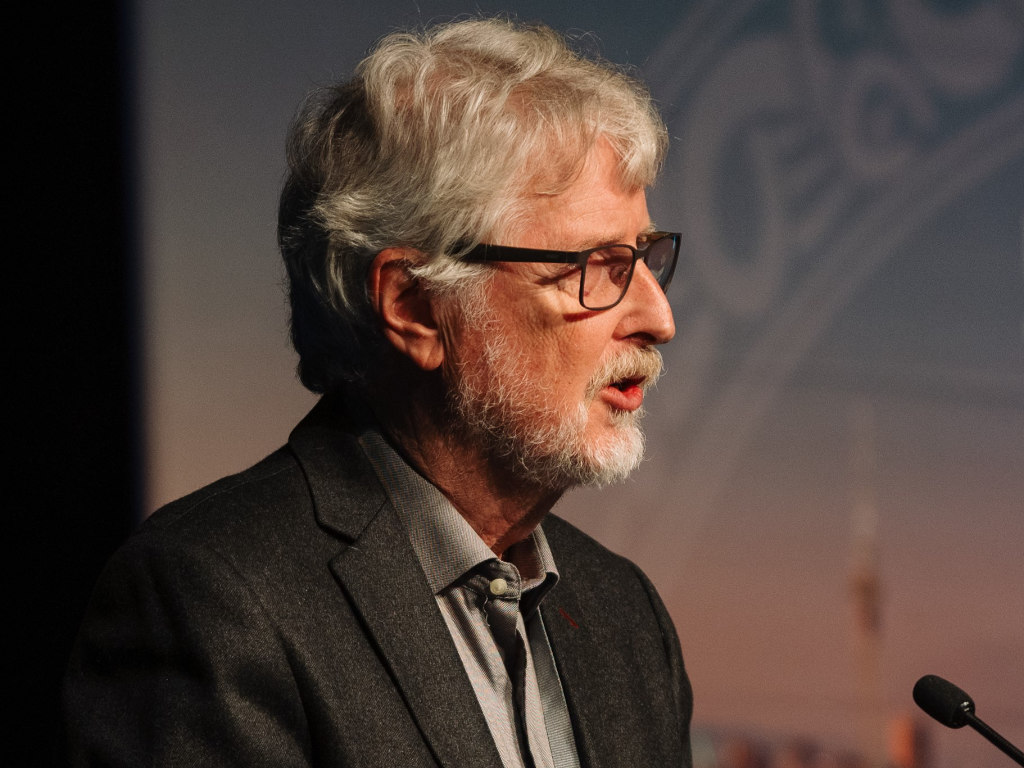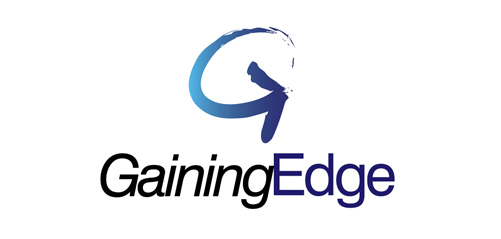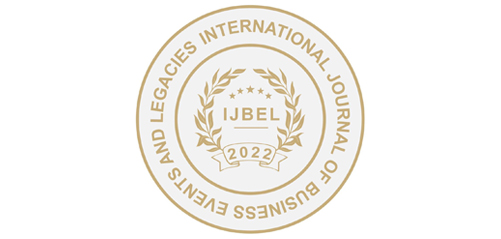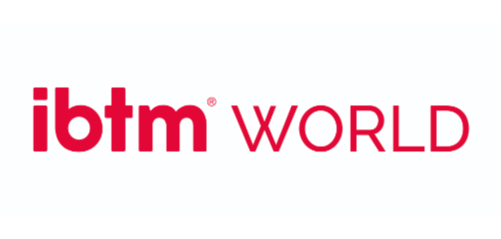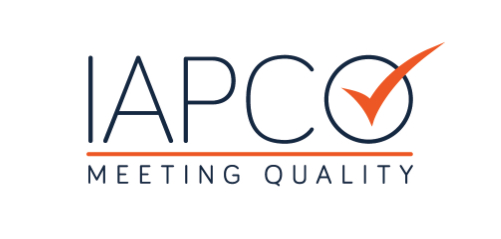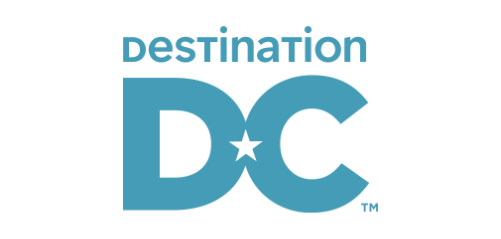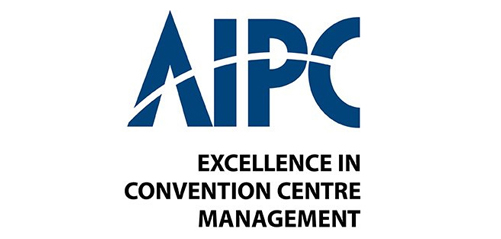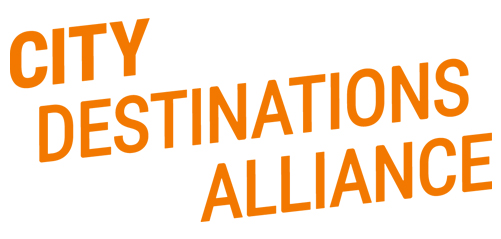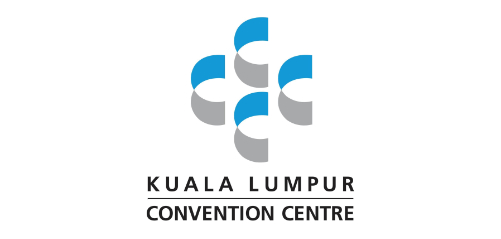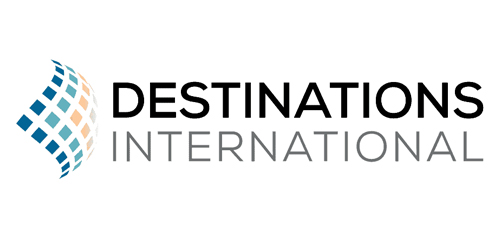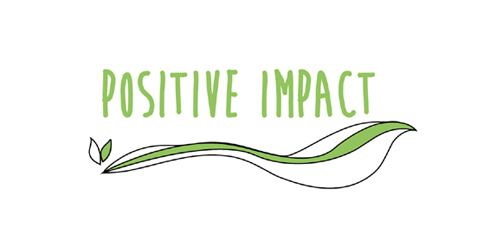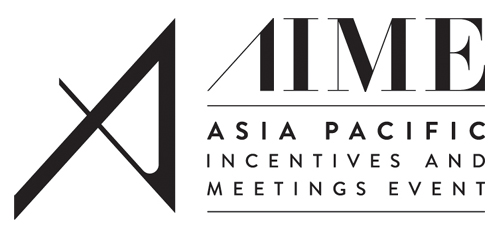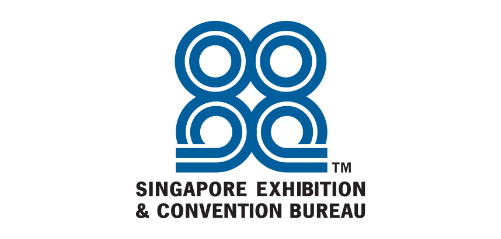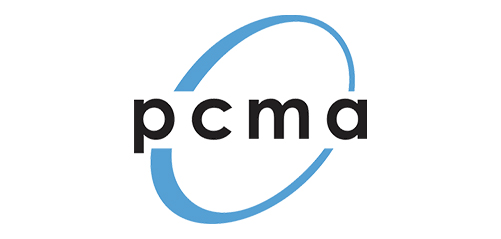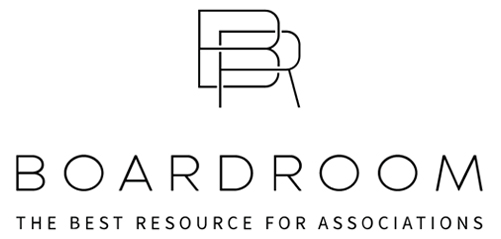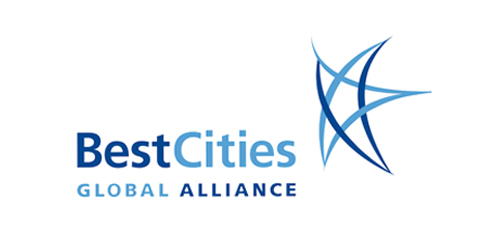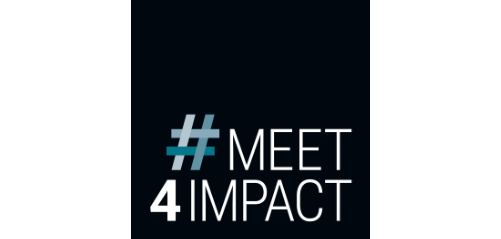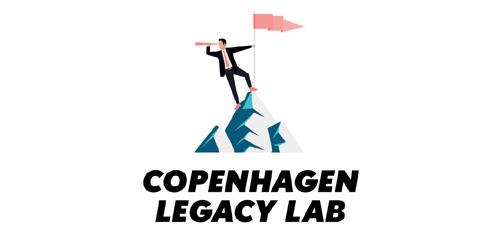By Rod Cameron (pictured above), President, Criterion Communications Inc:
There is a lot of satisfaction at seeing the lights going on as a new perspective on an old topic is revealed and illustrated. At the same time it demonstrates why positive change is often so difficult to achieve in many parts of our industry.
I had the pleasure of participating in a well-attended Business Events Forum staged by Tataki Auckland Unlimited recently with two distinct objectives. The first of these was to deliver a comprehensive update and analysis of evolving market conditions and how well current industry strategies address these. The second was specifically aimed at creating awareness and action on how the systematic alignment of those BE strategies with overall community priorities for economic, professional and academic advancement could generate much broader beneficial outcomes for the destination.
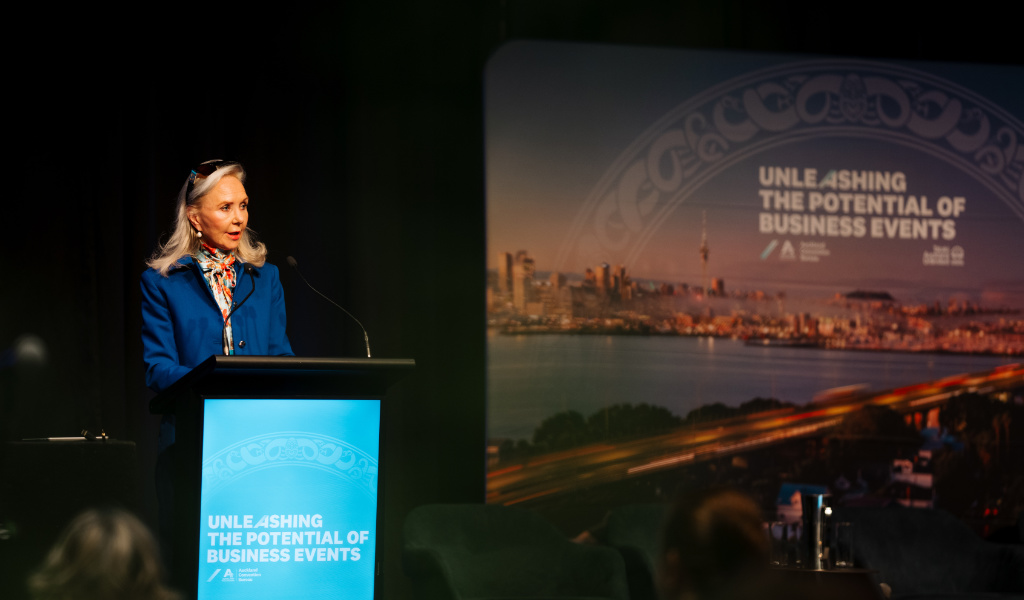
Deputy Mayor of Auckland, Desley Simpson, addressed the forum and set out her Wero (Māori word for challenge) to the business events sector
Both were addressed in depth, producing a range of well-considered recommendations and calls for action in priority areas by a fully engaged audience. As the product of a significant cross section of the Auckland community, the actions moving forward should be both relevant and well supported in being a result of consensus.
In particular, a successful alignment of BE and broader community development priorities needed the collective action of a very diverse group to achieve its potential. And while the resulting value may seem obvious, BE success for a destination has long been measured almost exclusively on the basis of benefits to the visitor economy – things like delegate spending and associated room nights – which has tended to obscure the legacies of shared knowledge and expertise, enhanced destination profile and networks, incremental investment and talent acquisition that are by far the largest and most enduring part of the value equation.
The organizations staging these events have obviously long understood this – and often resented being valued primarily for what they spend rather than what their events actually achieve. And in recent years these impacts have only strengthened, as many events have increasingly focused on delivering meaningful community legacies as a key part of meeting their objectives and addressing delegate expectations. One result is that the market now rewards destinations that understand this distinction and that are prepared to support organizers accordingly.
But it’s only where there is a strategic and consistent mechanism for collaboration in place that these broader benefits can be optimized. And that in turn requires a level of communication and collaboration amongst multiple sectors in the destination that can be difficult to achieve.
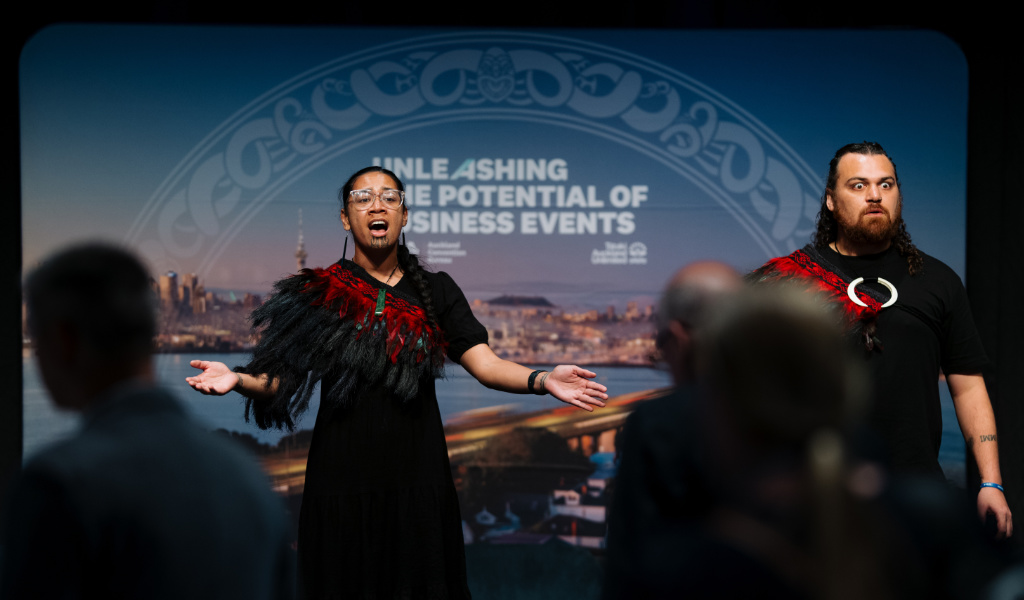
A traditional Pōwhiri (Māori Welcome Ceremony) officially opened the forum and welcomed the delegates
So back to Auckland. The Forum was an initiative of Auckland Convention Bureau (ACB) utilizing the input and expertise of their International Business Events Advisory Group whose members represent key sectors and geographic regions in the global business events market. In addition to the insights this group brought on overall industry conditions and expectations, they were able to contribute examples of how business events are increasingly addressing broader community priorities in support of a sustained effort to ensure they leave relevant longer term legacies.
It was in recognition of these potential benefits that led Forum organizers to devote a serious proportion of their program to exploring ways of creating better alignment between community priorities and BE strategies, and this was reflected in attendance not only by representatives of the BE community but also civic leaders, economic development officials, local universities and members of the business community. By comparing their respective priorities for advancement, the opportunities for mutual benefits became clearer and the enthusiasm for creating a more formal vehicle to support this approach strengthened.
In many destinations such mechanisms don’t exist. While these are groups with much to offer each other in terms of mutual support, they often don’t communicate on any regular basis. Their respective performance is often based on narrowly defined measures that don’t take into account the creation of adjacent benefits, and competition for funding and resources can reinforce the “silo” mentality that maintains organizational isolation. The net result is that while the concept may resonate, there is often little urgency around taking the practical steps required to make it happen on a consistent basis.
Auckland has a big advantage in this regard in that both their Business Events initiative – via the Auckland Convention Bureau – and their lead Economic Development agency are housed under the same roof at Tataki Auckland Unlimited and thus have an ongoing relationship. However it still requires the engagement of many other groups to round out the piece. By assembling the full range of potential players as happened at the Forum, a basis for common understanding is created that can underpin the necessary steps in moving forward.
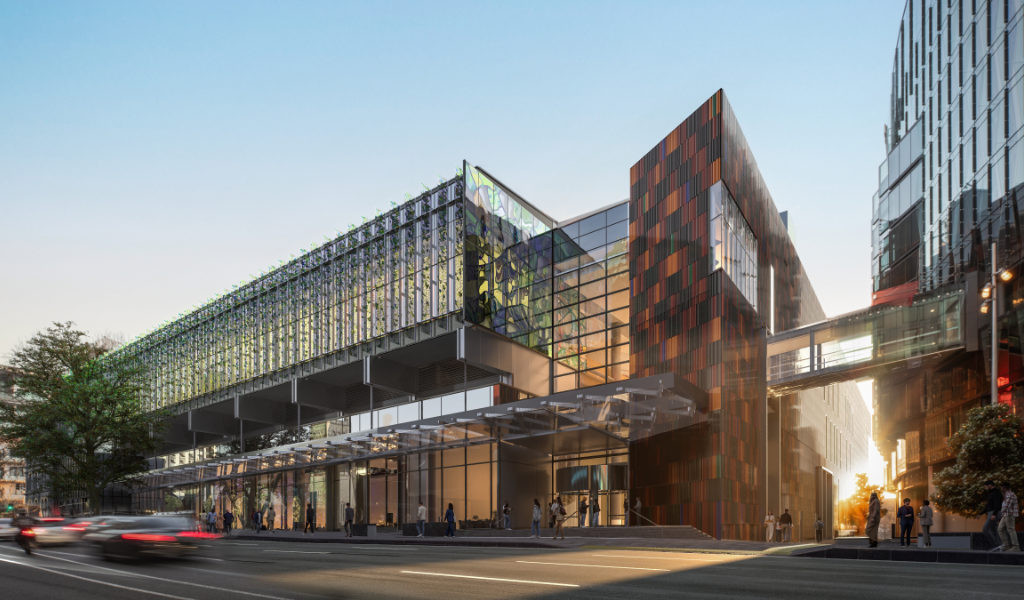
New Zealand International Convention Centre
At the same time there needs to be demonstrated support from those who have ultimate responsibility for advancing community priorities – and that is local government. While many destinations struggle in even getting the attention of civic leaders, Deputy Mayor Desley Simpson opened the Forum challenging participants to take fullest advantage of the broader range of benefits available in hosting Business Events, including advancing Auckland’s efforts and profile in pursuing sustainability initiatives, a clear sign of recognition for the available opportunity. With all these pieces in place, it’s pretty clear that Auckland is now well positioned to take this initiative forward with the required level of support.
What remains is for the multiple organizations with a stake in the outcome to confirm a mutually agreeable way to maintain momentum – nowhere as easy as it sounds, but a test of the flexibility and creative capabilities of the groups involved. However, the reward is not only enhanced value from hosted events but increased market recognition for a destination that can demonstrate to clients that they “get it” when it comes to helping deliver meaningful legacies of mutual benefit.
Success in this regard means everyone wins – and that’s surely an objective worth the effort.
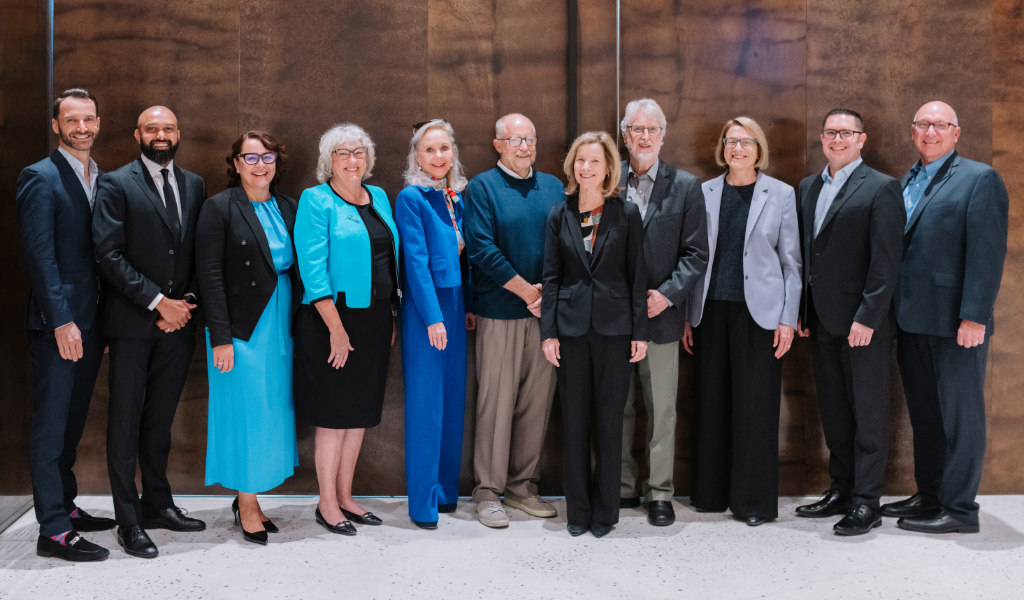
Auckland Intenational BE advisory group, with Head of ACB, Ken Pereira & Auckland Deputy Mayor, Desley Simpson

